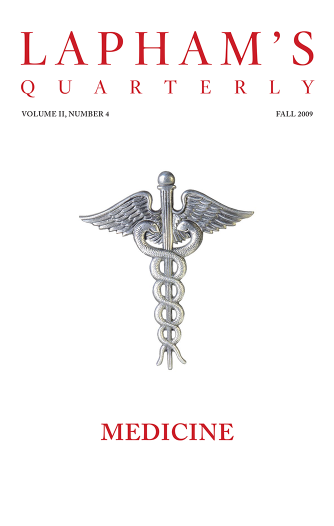Whereas the queen’s majesty, tendering the good and welfare of her own natural subjects, greatly distressed in these hard times of dearth, is highly discontented to understand the great number of Negroes and blackamoors which (as she is informed) are carried into this realm since the troubles between her highness and the king of Spain; who are fostered and powered here, to the great annoyance of her own liege people that which covet the relief which these people consume, as also for that the most of them are infidels having no understanding of Christ or his gospel: hath given a special commandment that the said kind of people shall be with all speed avoided and discharged out of this her majesty’s realms; and to that end and purpose hath appointed Casper van Senden, merchant of Lübeck, for their speedy transportation, a man that hath somewhat deserved of this realm in respect that by his own labor and charge he hath relieved and brought from Spain divers of our English nation who otherwise would have perished there.
These shall therefore be to will and require you and every of you to aid and assist the said Casper van Senden or his assignees to taking such Negroes and blackamoors to be transported as aforesaid as he shall find within the realm of England; and if there shall be any person or persons which be possessed of any such blackamoors that refuse to deliver them in sort aforesaid, then we require you to call them before you and to advise and persuade them by all good means to satisfy her majesty’s pleasure therein, which if they shall soon after willfully and obstinately refuse, we pray you to certify their names to us, to the end her majesty may take such further course therein as it shall seem best in her princely wisdom.
From a proclamation. Elizabeth possessed a black maidservant and employed black musicians, but in 1596 she issued her first proclamation concerning Africans in England—it is thought that several thousand were living in London at the time—and she asked that some who had recently arrived be “sent out of the land.” It seems that the edict of 1601 may have been an attempt to lay the blame on Africans for some of England’s woes—the increase of poverty and vagrancy resulting from failed harvests. Neither edict had much effect.
Back to Issue

